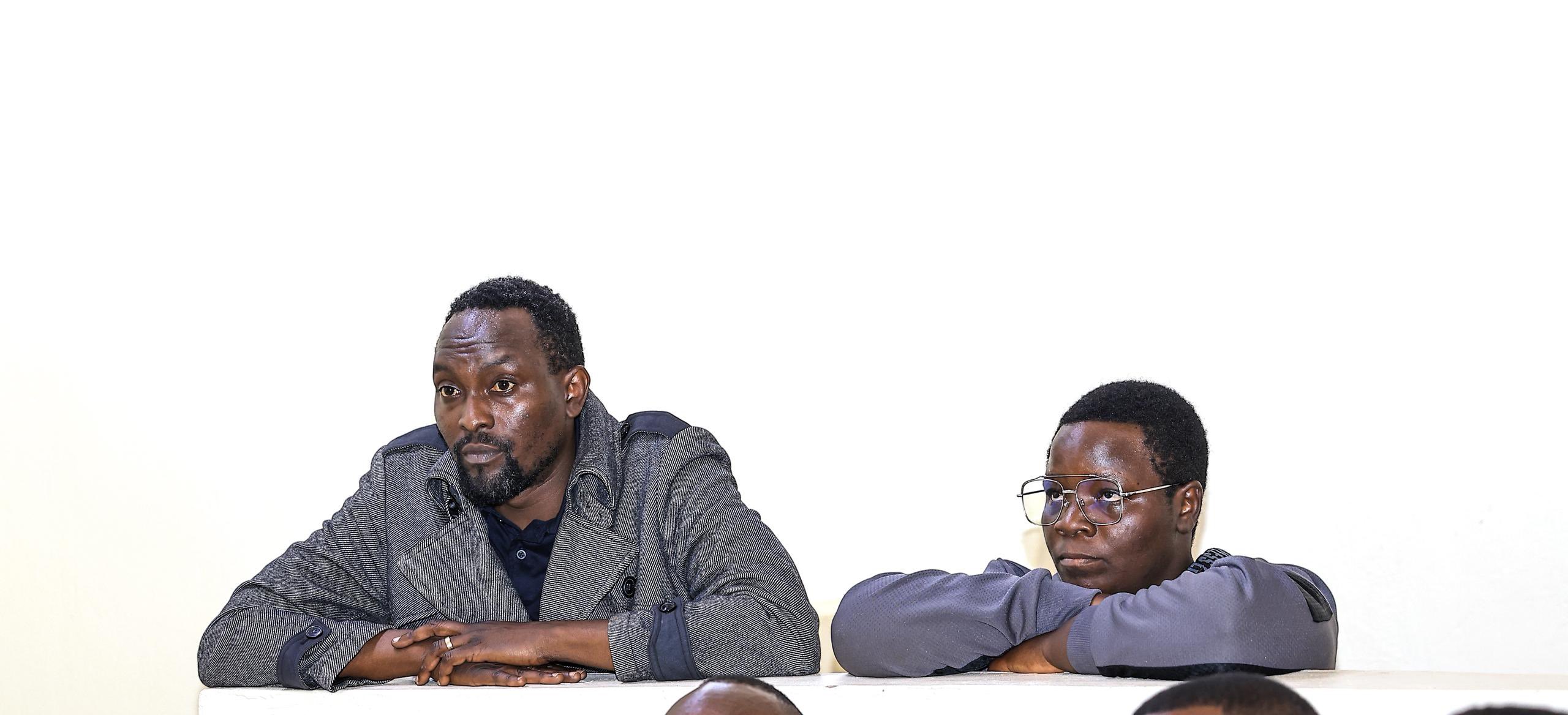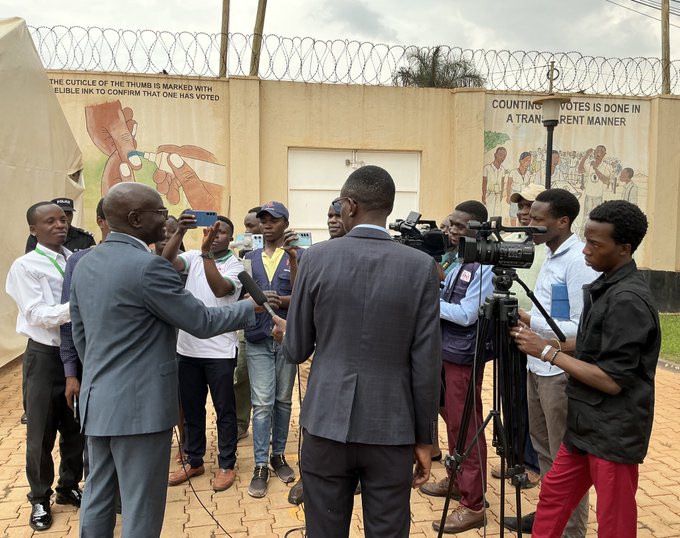UCC cracks down on illegal broadcasters and telecom operators
The crackdown includes a focus on unlicensed radio stations, some of which hold significant influence in areas such as Masaka, Mubende, and Luweero.

The Uganda Communications Commission (UCC) has intensified its enforcement efforts to clamp down on illegal broadcasting and telecommunications activities across the country.
This follows a wave of non-compliant operators, ranging from unlicensed radio stations to unauthorized telecom service providers, who have continued to flout the Uganda Communications Act of 2013.
The crackdown includes a focus on unlicensed radio stations, some of which hold significant influence in areas such as Masaka, Mubende, and Luweero.
According to Ibrahim Bbossa, UCC’s Head of Public and International Relations, “We issued cease-and-desist notices in January 2024, followed by criminal summonses in July. While some stations have complied, 17 continue to operate illegally.” These stations are soon to be publicly named and shamed if they remain defiant.
UCC is also targeting the use of loudspeaker megaphones, locally known as Bizindaalo, which are often used to broadcast messages in urban centers.
While their presence may seem harmless, Bbossa explained that Bizindaalo “disrupt public order and peace, and they are not licensed for broadcasting. The law only permits UCC to license communication services, and we are committed to eliminating this menace.”
Illegal Telecom Equipment and Point-to-Point Links
Beyond broadcasting, the UCC’s enforcement team is tackling unlicensed telecom equipment, including illegal point-to-point links installed on downtown rooftops in Kampala.
These unauthorized transmitters, often used by unlicensed companies offering Wi-Fi services, are interfering with frequency bands assigned to major telecom operators like Airtel and MTN. Bbossa stressed the urgency of this issue: “These devices are disrupting lawful services, and we’ve identified over eight locations in the city requiring immediate action.”
The penalties for operating without a license are severe. Individuals involved in illegal broadcasting face fines of up to UGX 30,000,000 or five years’ imprisonment, while unlicensed telecom operators could be fined UGX 1,920,000 or face up to four years in jail.
In no uncertain terms, Bbossa made it clear that UCC’s enforcement would be unyielding: “We’re not playing games. Any equipment used in illegal operations will be confiscated and not returned, even if the operator later seeks to regularize their business.” He added that these confiscated devices would be disposed of responsibly according to established guidelines, signaling the end of leniency for non-compliance.
Despite the heavy-handed enforcement, the UCC is giving operators a way out. Illegitimate broadcasters and telecom providers have been urged to cease their activities and formally apply for licenses.
“We encourage operators to apply for an assigned frequency and spectrum if they wish to run a legal operation,” Bbossa advised. He also pointed out that for those wanting to operate online radios, the process is even simpler, with a license fee of just UGX 100,000.
As the crackdown continues, it’s clear that UCC is not backing down from its mission to ensure Uganda’s airwaves and telecom networks remain regulated and secure. Operators who fail to heed these warnings may soon find themselves on the wrong side of both the law and public opinion.







